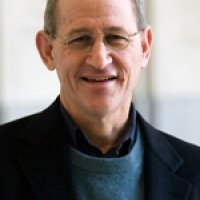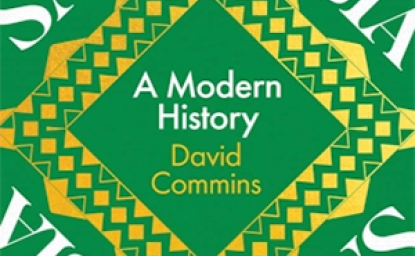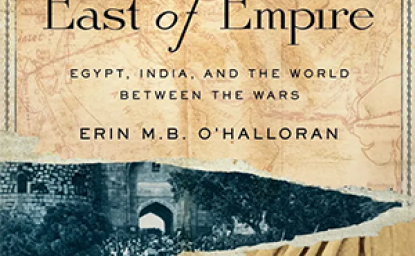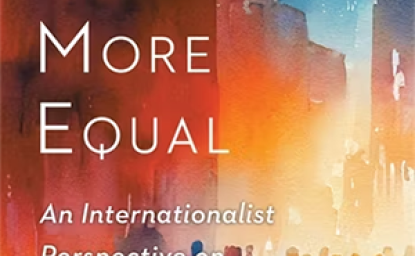 Jane Harman, Wilson Center Director, President and CEO, issued the following statement on the death of Michael Adler, a veteran journalist who has been a Public Policy Scholar at the Wilson Center for the last seven years.
Jane Harman, Wilson Center Director, President and CEO, issued the following statement on the death of Michael Adler, a veteran journalist who has been a Public Policy Scholar at the Wilson Center for the last seven years.
“Many of us visited Michael Adler in the last few weeks and it was clear his illness was progressing. He was an impressive, talented journalist and scholar who was determined to complete his book on Iran’s nuclear program and share insights into the negotiations he thought no one else had. How sorely we will miss him, and the world will miss his passion, humor and intellectual curiosity.”
Michael Adler, a veteran AFP correspondent who became an expert on diplomatic efforts to resolve the international standoff over Iran’s nuclear program, died Monday night of cardiac arrest, age 66. He had been awaiting surgery, scheduled for next Monday, for a heart condition that had largely confined him in recent months.
An American who worked for Agence France-Presse from 1980 with postings in Bangkok, Kuwait, Sarajevo, Bonn, Berlin and Vienna, Adler covered the 1988 uprising in Burma, the reconstruction of Kuwait after the first Gulf War, the war in Bosnia, the shift of the German capital from Bonn to Berlin and the fall of strongman Mobutu Sese Seko in Zaire. In recent years, he was a Public Policy Scholar at the Woodrow Wilson International Center for Scholars in Washington. He was writing a book on major powers’ negotiations with Iran over a program that caused widespread fears that Tehran was pursuing nuclear arms. Adler covered the Iranian issue extensively while in Vienna from 2002 to 2007, where he reported on the International Atomic Energy Agency, headquartered in the Austrian capital.
“Despite a spiraling crisis in Ukraine and discontent in Israel and Saudi Arabia, the Iranian nuclear talks have hit their stride,” he wrote in March. “But there is a long way to go and not much time,” he said of a deadline, since extended, for reaching an agreement with negotiators from the United States, Russia, China, Britain, Germany, and France. Iran agreed at the time that it would stop short of expanding its nuclear work during the time of the talks in exchange for partial relief from sanctions that have slashed its oil sales and crippled its economy.
The question was whether the negotiations, “already fragile in their chance of success, can be shaken by external factors or whether the United States and Iran are both too committed to reaching a nuclear deal for this to be denied. A deal is, of course, still a long shot,” Adler wrote.
Michael Adler attended the University of Pennsylvania in Philadelphia and the University of Paris (Sorbonne). He was rushed to the Georgetown University Hospital after suffering a heart attack on Monday, September 8. Funeral arrangements were not immediately announced. Survivors include his mother, sister, and two daughters.




